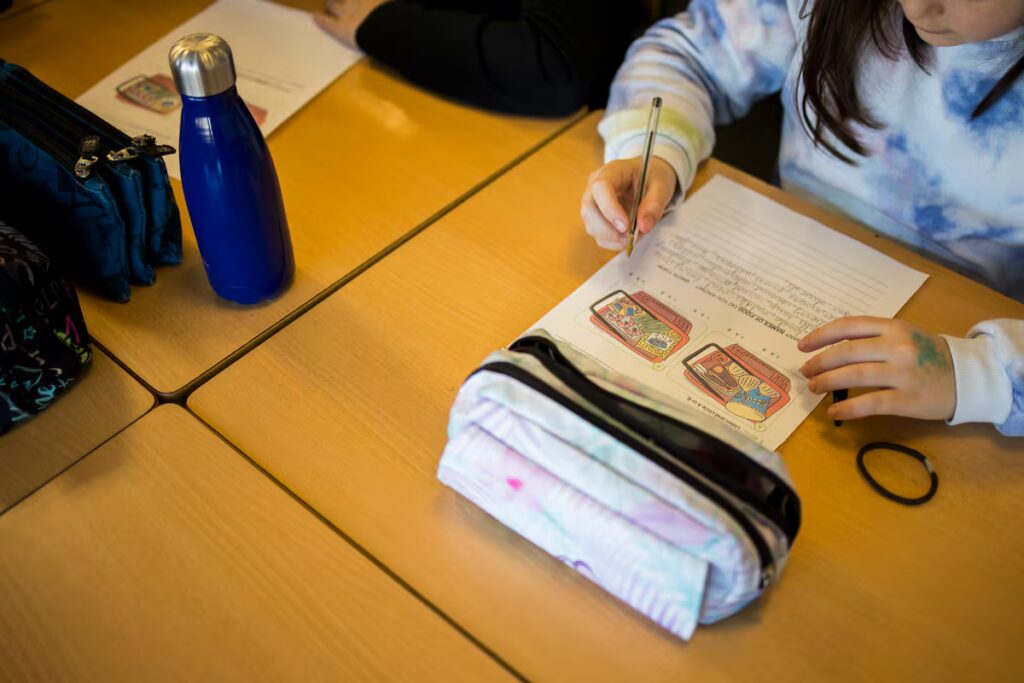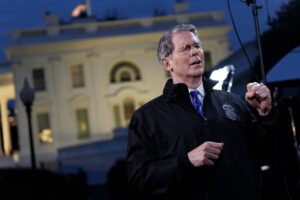
Positions rooted in nostalgia usually emerge in the educational debate. Nostalgia for a school of other times that should have been a better agent of socialization and a better transmission of knowledge. A past that only worked for a few is easily idealized. That school wasn’t better: it was more selective (and also more repressive). Those who claim it today have usually been its beneficiaries, more due to family origins than due to their own merits. Selective memory thus incurs a dangerous prejudice: remembering only what was positive for some generates the illusion of an idealized school, ignoring the barriers that excluded a large part of the students.
The prophets of the “lost curriculum” actively participate in this nostalgia, convinced that education has gone astray due to “soft” methodologies or an excess of innovation. According to this story, the school stopped teaching “real” knowledge, relegating traditional subjects and a one-way transmission model of knowledge to the background. However, data from the TALIS report shows that the vast majority of Spanish schools use traditional methodologies in the classroom. The contrast between the alarmist diagnosis and reality is revealing and places the documentation of the debate in perceptions rather than facts.
This nostalgia is usually accompanied, paradoxically, by a systematic disregard for evidence. In almost no other area of public policy is there as much distrust in expert knowledge as in education. The idea that only those in the classroom can express their opinion or that practical experience alone is enough has become commonplace. But educational practice and research are not opposites: they are complementary dimensions of the same effort to understand and improve the educational system. Without research there is no perspective, and without perspective the experience ends immediately.
The strength of the combination of nostalgia and contempt for evidence tends to influence educational policy decisions more than would be desirable, which too often tend to be guided more by the pressure of the sectors that have a say in the matter than by the analysis of the results. Governance management leads to the satisfaction of certain interest groups with the ability to influence the pace and direction of policies and reforms. However, public interest does not always coincide with that of organized groups, and the sectors that most depend on the development of a good educational policy – students with learning difficulties or those from disadvantaged social backgrounds – are precisely those that participate least in the debate. Let’s take for example the commitment to a continuous school day, which evidently responds more to certain interests than to what research provides.
Of course there are grays in the production of evidence. Educational research, like social research, is strongly conditioned by context and research methodologies do not always allow causality to be accurately captured. It is equally legitimate to believe that not all educational policy must respond solely to scientific evidence. Education is also an area of legitimate values, ideological options, and political priorities: deciding what to teach, what kind of school we want, or how we understand equality are questions that cannot be resolved with data. But ignoring evidence – or using it only when appropriate – is a sure way to perpetuate errors. Policy decisions can obviously be based on political and ideological options, but doing so while ignoring or distorting research evidence reveals a lack of rigor and political irresponsibility. It is different to make decisions based on democratic criteria or systematically ignore the results of research: the first is legitimate, the second is at least negligent.
Resistance to the validity of educational research has deep cultural roots. In the collective imagination, education is familiar territory: we all went to school and we all feel entitled to give our opinion. This shared experience is valuable, but not sufficient to guide complex policies. Education is too important to be caught between ideology and immediate experience. It requires combining the voice of those who teach and learn with the knowledge of those who analyze and evaluate. The tension between everyday knowledge and specialist evidence is natural, but it can only be resolved through mechanisms that integrate both areas: informed participation, rigorous evaluation and transparency in results.
Listening to the educational community is fundamental. But just listening to the educational community is not enough. If we aspire to more just and effective education, we must assume that evidence does not diminish democratic legitimacy, but rather strengthens it. Because knowledge-based policies do not replace deliberation: they make it more informed. Data integration also involves systematic evaluation of policy impact, adaptation of strategies and public accountability.
The challenge of educational policy is no less: it must reconcile the needs of visible actors with the needs of those who cannot express them, and combine practical experience with scientific knowledge. Ignoring the evidence is costly in terms of fairness and effectiveness; Adopting it does not limit democracy, but rather strengthens it, allowing schools to play their fundamental role: offering real learning opportunities for everyone, and not just for a privileged few.




